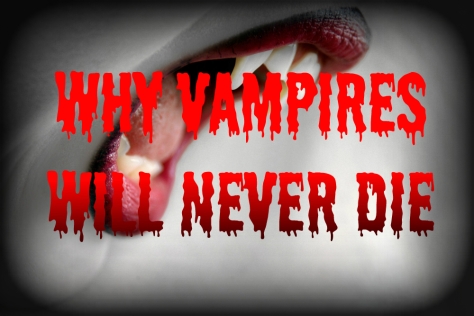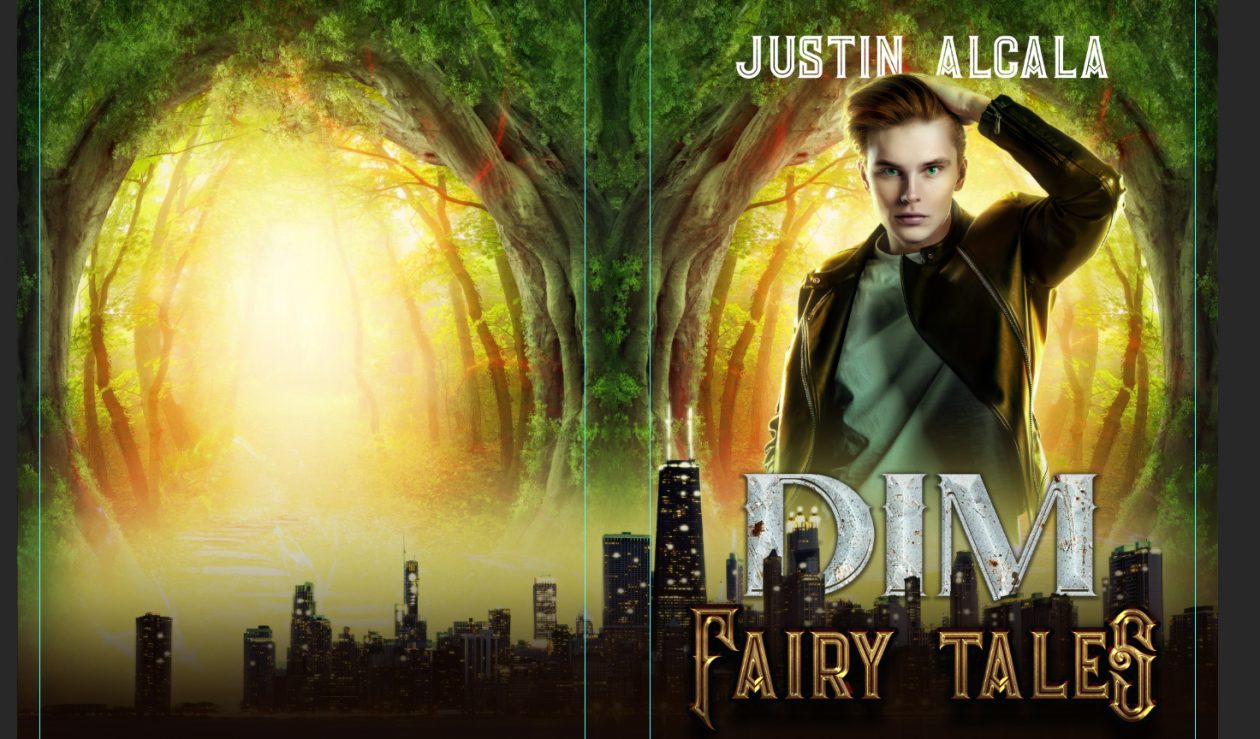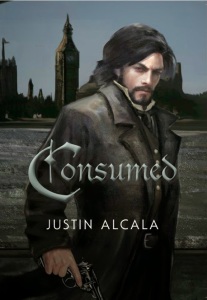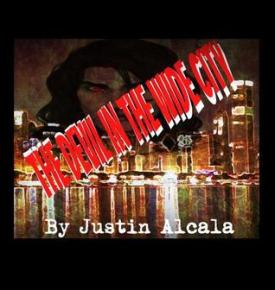
The Monstrous Age, the Gothic Era, The Heroic Period- vampires have had many different roles in culture throughout the ages. They’ve been what scares us, what draws us and what aspires us to be. We fear their power, desire their immortality, and relate with their struggles. Yet, for as many hats as they’ve worn, one thing is for certain. The vampire is here to stay.
Throughout history, monsters have served as a coping mechanism for what terrifies people most. Vampires are no different. For the last millennium, these bloodsuckers have helped justify evil, disease and death. From the Chinese Jiangshi to the Hungarian Izcacus, no matter the culture, records indicate that people have always had a turbulent, but vital relationship with the vampire. But that would all change once pop culture embraced the vampire.
1897- Bram Stoker publishes his novel Dracula, in which an undead Count clashes with a young group of English protagonists. The intriguing story, told through diary entries, ship logs and other epistolary means, is an overnight success. Dracula’s popularity changes the creature. No longer does the vampire simply represent sin and death. Vampires are now linked with contemporary issues, which in the 1890’s included foreign distrust, mental health and sexual repression. While the vampire was still villainous by nature, the seed of transformation had been planted.
Nearly one hundred years later, writers and movie producers use the vampire for different reasons. Mainstream tensions linked to sexual inclination, racial discrimination and harsh corporate enterprise rear their ugly heads. This once again changes the vampire. While still deadly by nature, the vampire develops new symbolic traits related to pressing themes. The creature is now the epitome of seduction, manipulation and exploitation. The origin story also becomes a backbone, giving the creature a tragically unfortunate motive to kill. Audiences begin to sympathize with the monster, abetting in the creation of what we know today.
It’s 2015. Cue the glitter and acoustic guitar. Although the Internet becomes a major social outlet, it also has a way of isolating people worldwide. In addition, recovering economies force millions of college graduates and jobless workers to look elsewhere for employment. Depression in America, Canada and England are on the rise. What this world needs is a hero. Once again, the vampire transforms, changing from gruesome predator to misunderstood do-gooder. Story plots gravitate around a kindhearted mortal transformed by the damned, only to later defy their makers in order to protect the living from the dead.
But why is it that vampires won’t go away? Hundreds of other monsters similar in age and origin like barghests, banshees and genies, had similar early success in cultures. They were outlets in order to explain what people didn’t understand. As the years past however, these monsters slowly faded. So why did vampires outlast their competitors?
Well for starters, one has to look at the key ingredient to a good vampire tale. Vampires were once human. Unlike other monsters, humans can change into vampires. So, while we might fear them, we also fantasize about what it would be like to become one. Immortality, irresistible allure and supernatural powers- traditionally, these are the exchange for condemning one’s soul. Thus, while vampirism may be nightmarish, it also allows us romanticize about what we might do with our dark gifts if given the chance.
Secondly, vampires in all of their petty immortality, also represent what’s wrong with contemporary society. Yes, it’s the social predator’s duty to adapt to the times in order hunt their prey, keeping up to date with fads, culture and current affairs. This makes it easy for storytellers to sculpt vampires into the perfect modern-day metaphors. They’ve gone from plague spreaders during periods of disease to unruly deviants during phases of social reform. They are in essence, the ultimate plot devices.
Finally, and most importantly, vampires represent what we fear about ourselves. They are the monsters inside each of us. We use these creatures to work out our own angst, anxiety and desires. They’re tools in order for us to make sense of who we are. In essence, vampires are a form of introspection.
So there you have it. Our link to vampires is far greater than we ever imagined. They rationalize otherwise uncontrollable events, allow us to fantasize about who we’d like to be, keep us aware of society’s flaws and help us express what we fear most about ourselves. Though their roles may have changed throughout time, their purpose is always essential. And that’s why vampires will never die.

Justin Alcala, Author of “Consumed” and the upcoming “Plenty Dreadful Series”.
Check out Part 1, “The Devil in the Wide City” when it hits shelves October 2015.
Get your copy of Consumed on Amazon: http://www.amazon.com/Consumed-Justin/dp/1937365581/ref=sr_1_1?ie=UTF8&qid=1440553280&sr=8-1&keywords=Consumed+justin+alcala
Check Out “The Devil in the Wide City” on Goodreads: https://www.goodreads.com/book/show/22433711-the-devil-in-the-wide-city

















